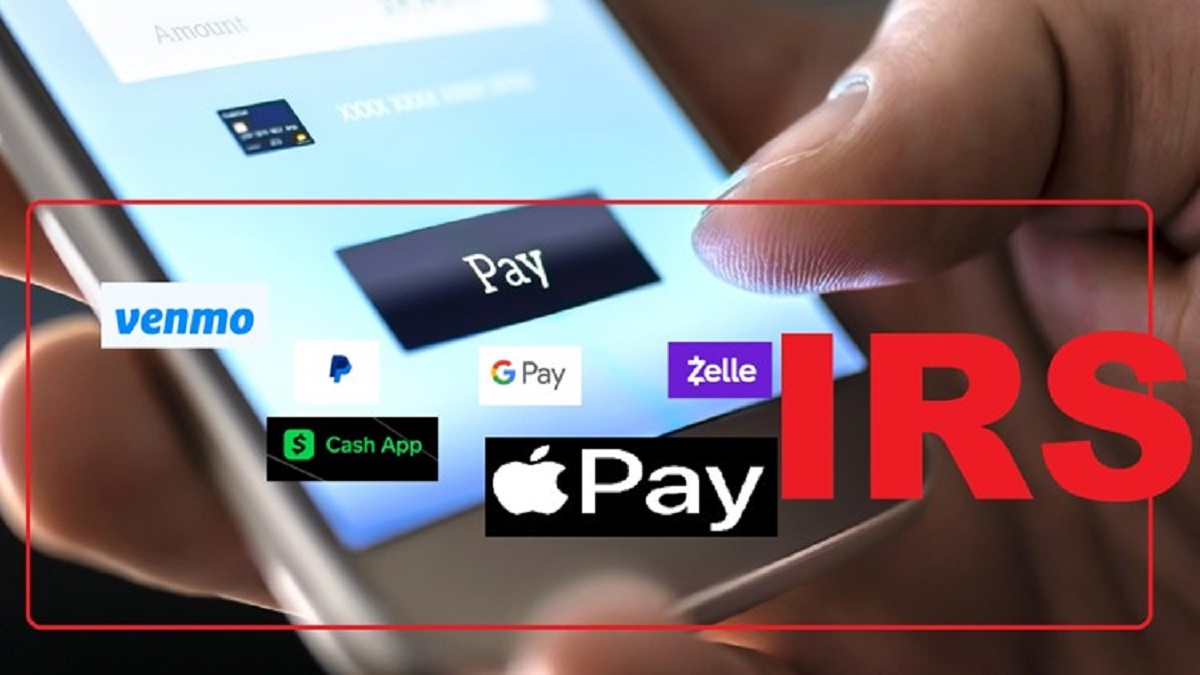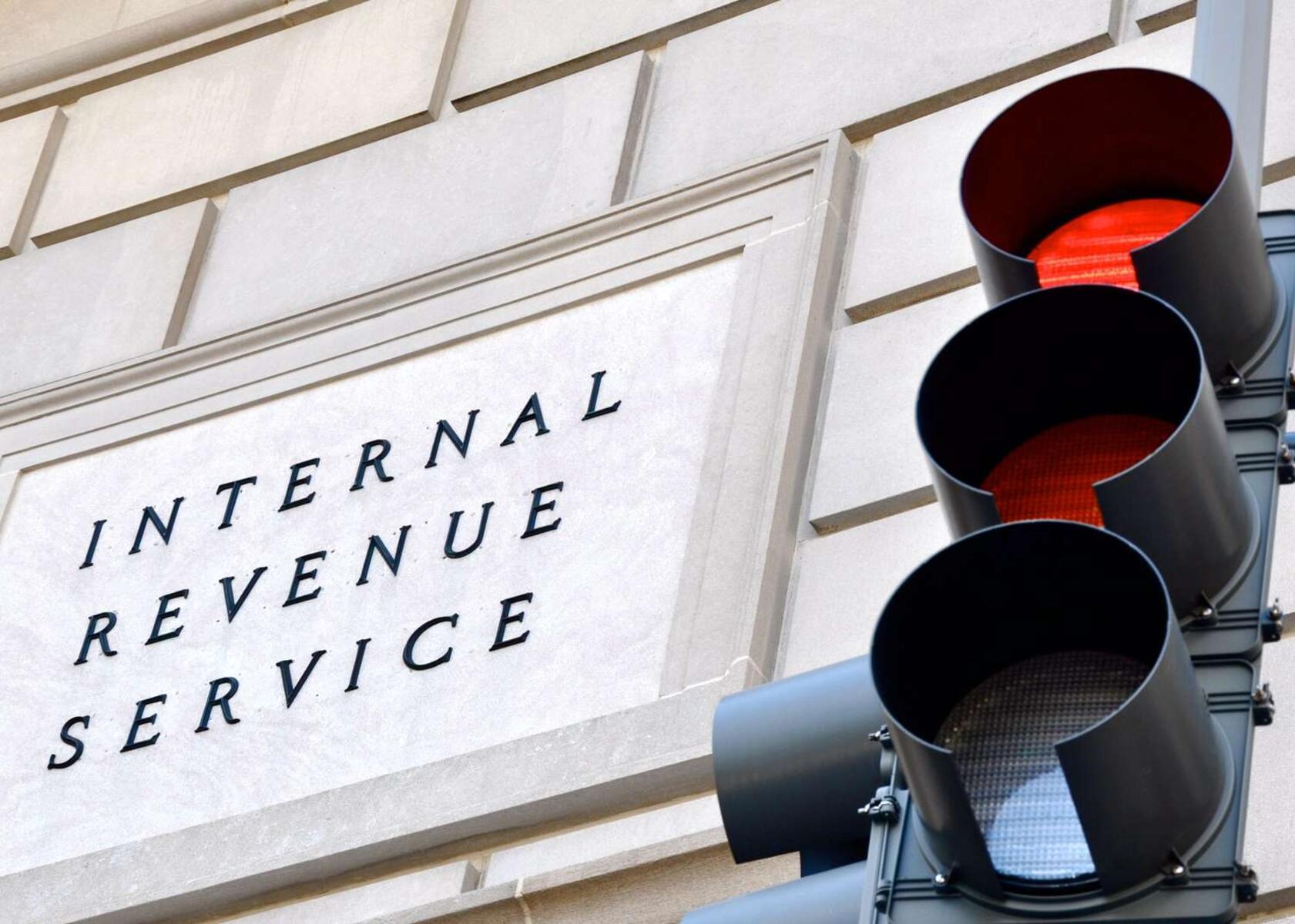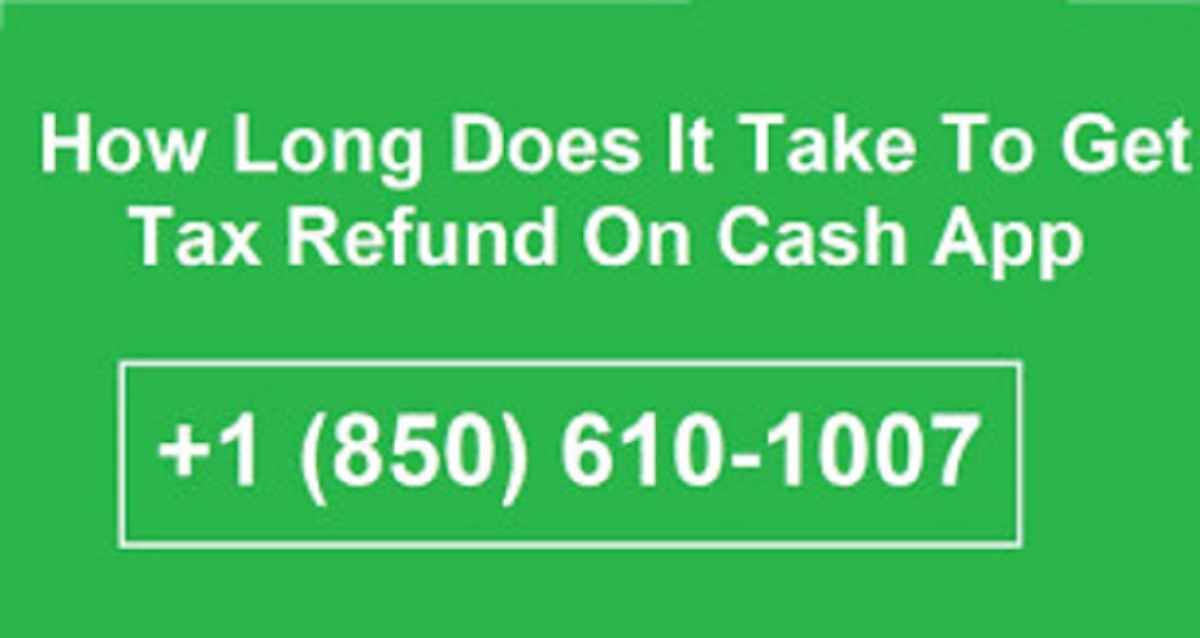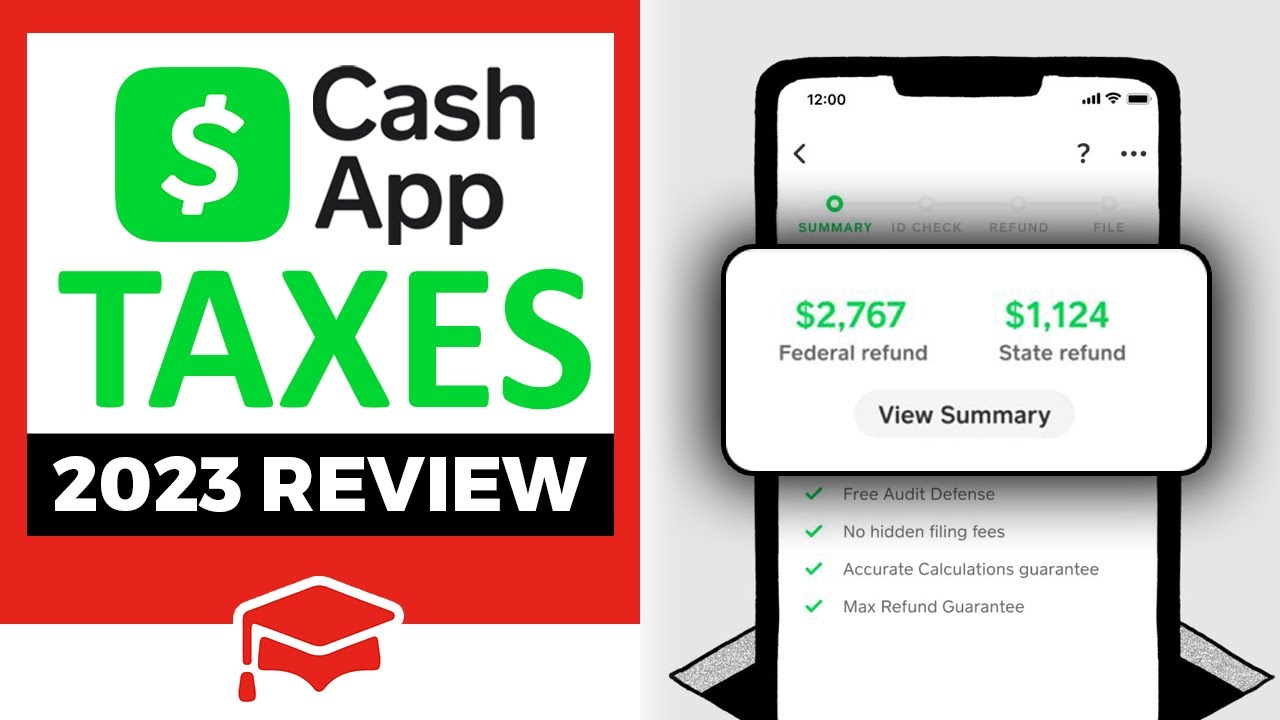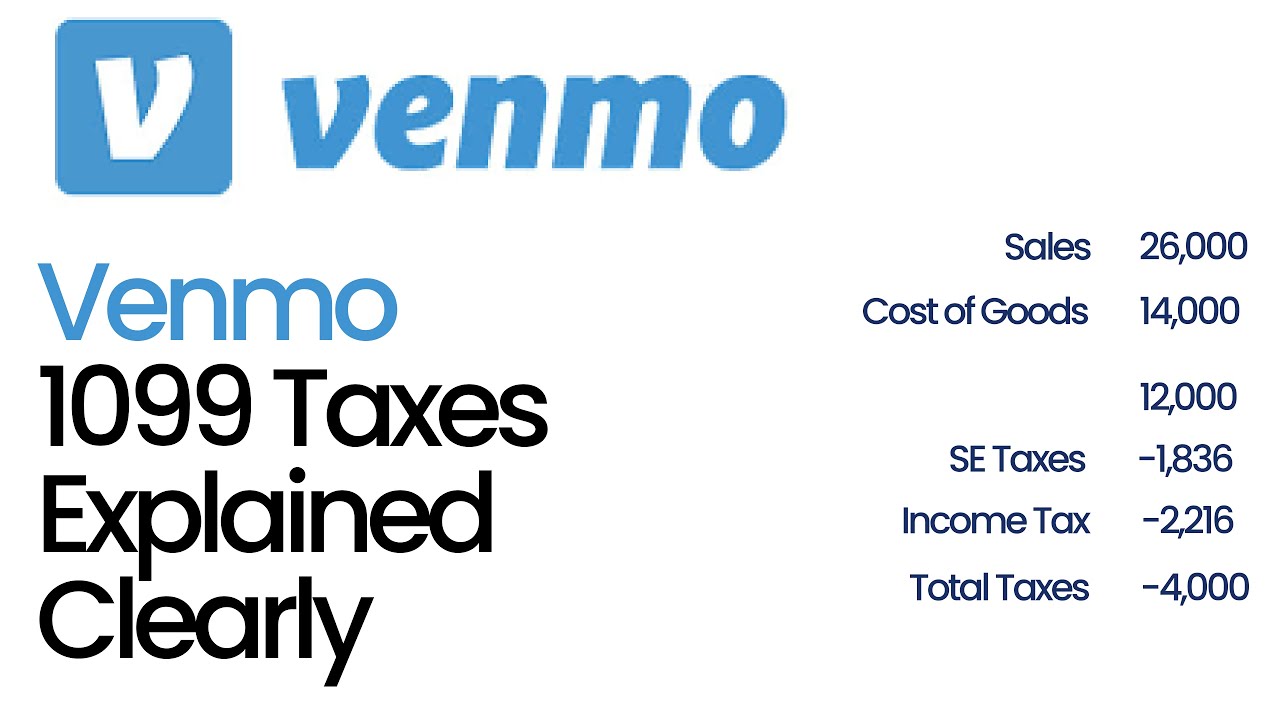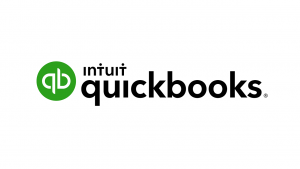Introduction
Welcome to the digital age, where mobile apps make managing finances quick and convenient. Cash App has quickly risen in popularity as one of the leading peer-to-peer payment platforms, allowing users to send and receive money with just a few taps on their smartphones.
As more users flock to Cash App for its ease of use and seamless transactions, questions regarding its reporting to the Internal Revenue Service (IRS) have emerged. With tax obligations at the forefront of everyone’s minds, it is crucial to understand how Cash App handles transactions and whether it reports them to the IRS.
In this article, we will explore how Cash App works, whether it reports transactions to the IRS, and what amounts are reported. Additionally, we will also provide insights into how you can accurately report your Cash App transactions when filing your taxes.
Whether you are a seasoned Cash App user or considering joining the millions who rely on this app for their financial transactions, understanding the IRS reporting implications is essential for staying compliant and avoiding any potential tax-related complications.
How Does Cash App Work?
Cash App, developed by Square Inc., is a mobile payment service that allows users to send and receive money electronically. The app offers a user-friendly interface and simplifies the process of transferring funds between family, friends, and businesses.
Here’s a step-by-step breakdown of how Cash App works:
- Sign Up: To get started with Cash App, users need to download the app from their respective app stores and create an account. This requires providing basic personal information and linking a valid debit card or bank account.
- Funding your Account: Once your account is set up, you can easily add funds by linking your bank account or debit card to Cash App. You can also receive direct deposits and transfer money from your Cash App account to your bank account.
- Sending Money: Cash App allows you to send money to friends, family, or businesses using their Cashtag (unique username), phone number, or email address. Simply enter the amount you wish to send and select the recipient. The money is then instantly transferred from your Cash App account to the recipient’s account.
- Receiving Money: In addition to sending money, Cash App also enables users to receive money. When someone sends you money through Cash App, it is instantly added to your Cash App balance. You can then choose to keep the money in your Cash App account or transfer it directly to your linked bank account.
- Additional Features: Cash App offers additional features, including investing in stocks, buying and selling Bitcoin, and even getting a Cash Card, a customizable Visa debit card that allows you to make purchases using your Cash App balance.
With its simple user interface and convenient features, Cash App has become a popular choice for individuals looking for an efficient and secure way to handle their financial transactions.
Does Cash App Report Transactions to the IRS?
One question that often arises when discussing peer-to-peer payment platforms like Cash App is whether the app reports transactions to the IRS. The answer is not as straightforward as a simple “yes” or “no,” so let’s dive into the details.
Cash App, like many payment apps, is required to comply with certain tax regulations set by the IRS. This means that some transactions made through Cash App may be reported to the IRS, depending on several factors.
It’s important to note that Cash App, as a financial service provider, has a responsibility to maintain compliance with federal regulations. This includes reporting transactions that meet specific thresholds outlined by the IRS.
So, while Cash App does report certain transactions to the IRS, not all transactions are subject to reporting. The IRS focuses on transactions that may have tax implications, such as business-related payments, large transactions, or transactions that raise red flags for potential money laundering or fraud.
Additionally, Cash App is required to issue Form 1099-K to users who meet specific criteria. Form 1099-K reports the total amount received through Cash App transactions for the year. Users who receive Form 1099-K should include this information when filing their taxes.
It’s essential to keep track of your transactions and understand the IRS reporting requirements to stay compliant with tax regulations. However, it’s worth noting that the responsibility for accurately reporting your income and ensuring compliance ultimately rests with the individual taxpayer.
Next, we’ll delve into the specifics of what amounts are typically reported to the IRS by Cash App users.
What Amount Does Cash App Report to the IRS?
When it comes to reporting transactions to the IRS, Cash App follows the guidelines set by the Internal Revenue Service. The specific thresholds and reporting requirements vary depending on the type of transaction and the individual’s account activity.
Typically, Cash App is required to report transactions that meet the following criteria:
- Business Payments: If you have a Cash App account that is primarily used for business-related transactions, Cash App may report these payments to the IRS. This includes receiving payments from customers or clients for goods or services provided.
- Large Transactions: Cash App may also report transactions that exceed a certain monetary threshold. The current threshold set by the IRS is $20,000 in gross payments and more than 200 transactions in a calendar year. If your transactions exceed these limits, Cash App will likely report the information to the IRS.
- Flagged Transactions: Transactions that raise suspicions of fraudulent or illegal activities, such as money laundering, may also be reported to the IRS. Cash App, like other financial institutions, is required to monitor and report any potential suspicious activities to ensure compliance with anti-money laundering regulations.
It’s important to note that these reporting requirements are not unique to Cash App. All financial institutions, including banks and other payment platforms, must comply with IRS regulations to maintain transparency and prevent misuse of the system.
However, it’s worth mentioning that not all transactions made through Cash App will be reported to the IRS. Transactions between friends and family, personal payments, and other non-business transactions generally do not meet the reporting thresholds and are unlikely to be reported.
It’s always a good idea to consult with a tax professional or refer to the IRS guidelines to ensure you are knowledgeable about your reporting obligations based on your specific circumstances.
Now that we understand the reporting thresholds for Cash App transactions, let’s explore how different account types may have varying reporting limits.
Reporting Thresholds for Cash App
Cash App has different reporting thresholds depending on the type of account you have. The reporting requirements are determined by the amount and type of transactions conducted on your Cash App account. Let’s take a closer look at these thresholds:
- Personal Accounts: For personal Cash App accounts, the reporting threshold is generally set at $10,000 in gross payments received and 200 transactions in a calendar year. If your account activity surpasses these limits, Cash App may issue Form 1099-K to report the transactions to the IRS. It’s crucial to keep track of your personal transactions to ensure accurate reporting.
- Business Accounts: If you have a Cash App account specifically designated for business purposes, the reporting threshold is lower. Cash App may report transactions on a business account if the annual gross payments received exceed $600 or if there are more than 20 transactions in a calendar year. In such cases, Cash App will issue Form 1099-K to report the payments to both the recipient and the IRS.
By implementing these reporting thresholds, Cash App ensures compliance with IRS tax regulations and aids in preventing potential tax evasion and fraudulent activities. It is essential to understand the reporting requirements based on the type of account you hold to meet your tax obligations accurately.
Now that we understand the reporting thresholds for Cash App, let’s discuss how to handle taxes on Cash App transactions and ensure proper reporting.
Different Reporting Limits for Different Accounts
Cash App understands that individuals use their platform for both personal and business purposes. To accommodate these different needs, Cash App has different reporting limits for personal and business accounts. Let’s explore these different reporting limits:
- Personal Accounts: For personal Cash App accounts, the reporting threshold is set at $10,000 in gross payments received and 200 transactions in a calendar year. This means that if your Cash App account receives a total of $10,000 or more in payments, or if you have more than 200 transactions, Cash App may report the information to the IRS using Form 1099-K. It is important to keep track of your transactions and be aware of your account activity to accurately report your taxes.
- Business Accounts: If you have a Cash App account specifically designated for business purposes, the reporting threshold is lower. Cash App may issue Form 1099-K for business accounts if the gross payments received exceed $600 or if there are more than 20 transactions in a calendar year. This means that if you receive $600 or more in payments, or if you have more than 20 transactions, Cash App may report the information to both the recipient and the IRS. It is crucial to maintain proper records of business transactions to ensure accurate tax reporting.
These different reporting limits for personal and business accounts take into account the varying levels of financial activity and tax implications. Cash App’s reporting thresholds ensure compliance with IRS regulations and enable individuals to fulfill their tax obligations.
It is important to note that these reporting limits apply specifically to Cash App, and different payment platforms may have different reporting requirements. If you use multiple payment apps or platforms, it is essential to understand the reporting thresholds and guidelines for each to ensure accurate reporting.
Next, we will provide some valuable tips for reporting taxes on Cash App transactions to help you stay organized and compliant.
Reporting Taxes on Cash App Transactions
Accurate reporting of taxes on Cash App transactions is crucial to ensure compliance with IRS regulations. To help you navigate the process of reporting taxes on Cash App transactions, consider the following tips:
- Keep Track of Transactions: It’s important to maintain detailed records of your Cash App transactions throughout the year. This includes keeping track of the dates, amounts, and purposes of the transactions. By organizing your transaction history, you can easily reference it when it comes time to report your taxes.
- Review your Form 1099-K: If you receive a Form 1099-K from Cash App, carefully review the information provided. Ensure that the reported amounts align with your records. If there are any discrepancies, reach out to Cash App for clarification or to request corrections.
- Consult a Tax Professional: If you have questions or concerns about reporting your Cash App transactions, it’s always beneficial to consult with a tax professional. They can provide guidance tailored to your specific circumstances and ensure that you accurately report your income.
- Educate Yourself: Familiarize yourself with IRS guidelines regarding reporting requirements for peer-to-peer payment platforms like Cash App. By understanding the rules and regulations, you can ensure compliance and prevent any potential penalties or audits.
- File Your Taxes Timely: Be sure to file your taxes by the appropriate deadline to avoid any late filing penalties. Remember to include your Cash App transactions when reporting your income, and accurately report any business-related expenses or deductions applicable to your situation.
By following these tips, you can confidently navigate the process of reporting taxes on Cash App transactions. However, it’s important to note that tax laws and regulations may change, so it’s always advisable to stay informed and up-to-date.
Now that we’ve covered tips for reporting taxes on Cash App transactions, let’s conclude with some key takeaways to wrap up the article.
Tips for Reporting Taxes on Cash App
Reporting taxes on Cash App transactions can be made easier with these helpful tips:
- Maintain Accurate Records: Keep track of all your Cash App transactions, including dates, amounts, and purposes. This will help you accurately report your income and deductions when filing your taxes.
- Organize Your Transaction History: Create a system to organize your Cash App transaction history, such as using spreadsheets or a dedicated folder. Having a well-organized record will save you time and make it easier to reference when preparing your tax return.
- Consult a Tax Professional: If you have complex tax situations or uncertainties, it’s wise to seek advice from a tax professional. They can provide personalized guidance and ensure you take advantage of any applicable deductions or credits.
- Understand Business vs. Personal Transactions: Differentiate between business and personal transactions on your Cash App account. If you use Cash App for both purposes, be meticulous in separating the two, especially when it comes time to report your taxes.
- Review and Verify Form 1099-K: If you receive a Form 1099-K from Cash App, carefully review the information provided. Ensure its accuracy by comparing it to your records. If there are discrepancies, reach out to Cash App for clarification or corrections.
- Stay Informed of Tax Regulations: Keep up to date with IRS guidelines and any changes in tax laws relating to peer-to-peer payment platforms. This will help you stay compliant and avoid any penalties or audits.
- File Your Taxes on Time: Meet the tax filing deadlines to avoid late filing penalties. Remember to include your Cash App transactions when reporting your income and any associated business expenses or deductions.
By following these tips, you can ensure accurate reporting of taxes on your Cash App transactions and maintain compliance with IRS regulations. Remember, it’s always beneficial to seek professional advice if you have specific concerns or questions regarding your tax situation.
Now that we have covered these tips, let’s conclude with a summary of the key points discussed throughout this article.
Conclusion
Cash App provides a convenient and user-friendly platform for sending and receiving money digitally. As with any financial service, it is crucial to understand the tax implications and reporting requirements associated with Cash App transactions.
While Cash App does report certain transactions to the IRS, not all transactions are subject to reporting. The reporting thresholds vary depending on the type of account and the nature of the transactions. Typically, Cash App reports business-related transactions, large transactions, and flagged transactions that may have tax implications or raise concerns of fraudulent activity or money laundering.
Personal accounts have a higher reporting threshold, while business accounts have lower thresholds. It is essential to familiarize yourself with the reporting limits that apply to your specific account type and maintain accurate records of your Cash App transactions throughout the year.
When it comes time to report your taxes, it is advisable to consult with a tax professional to ensure accuracy and compliance. They can provide guidance based on your individual circumstances and help you take advantage of any applicable deductions or credits.
By keeping track of your transactions, organizing your records, reviewing Form 1099-K, and staying informed of tax regulations, you can confidently report your taxes on Cash App transactions. Remember to file your taxes on time and accurately report your income and expenses to fulfill your tax obligations.
Understanding the IRS reporting requirements for Cash App transactions empowers you to navigate the tax filing process and avoid potential penalties or audits. As technology continues to shape the financial landscape, staying informed and proactive is key to successfully manage your financial transactions and tax responsibilities on platforms like Cash App.







